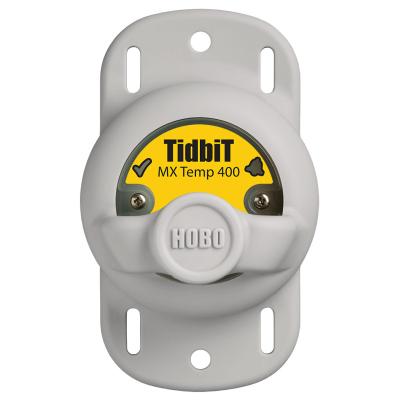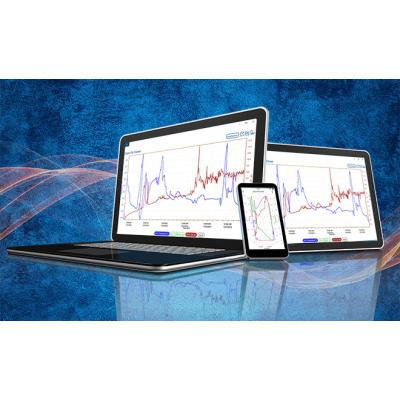
Problem
Both the frequency and severity of coral bleaching events continue to increase as ocean temperatures rise. However, some corals have survived warming temperatures, and these heat-tolerant corals could be key to spreading heat tolerance to other reefs. The Coral Reef Alliance (CORAL), a non-profit organization engaged in reducing threats to coral reefs, needed accurate, reliable data loggers to track temperature variability and uncover the thermal characteristics that may help coral reefs adapt to the impacts of global climate change.
Solution
CORAL’s scientists reached out to Onset to purchase HOBO TidbiT MX2203 Temperature Data Loggers for their study. Designed for durability, these waterproof HOBO loggers are Bluetooth-enabled for wireless delivery of high-accuracy data straight to a mobile device or Windows laptop running the free HOBOconnect app.
To identify which temperatures coral can withstand and typically experience, CORAL deployed the loggers at 20 coral reef sites around the Bay Islands in Honduras, with two loggers per site, spaced about 200 to 400 meters apart. The loggers were configured to measure water temperature at one-minute intervals, and every four or five months a diver brings them up to the surface to wirelessly download the data via the HOBOconnect app. In addition, the scientists took georeferenced photos of the reef research sites, along transects between the two data loggers.
Results
With the goal of helping other organizations concerned about the protection of marine environments to design protected areas that allow for the spread of coral with heat-tolerant genes, CORAL is actively working with its local partners to gather and analyze the TidbiT data that’s being collected across Honduras.
CORAL’s scientists hope to determine whether reefs with more species complexity or greater structural complexity are more heat tolerant, and whether tools like the Allen Coral Atlas, which detects a reef’s structure using satellite imagery, can be used to provide open-access information about a coral reef’s adaptation potential – which, if so, could change how marine protected area networks are prioritized and designed for generations to come. CORAL is also planning to expand its TidbiT data collection to see if the relationship between reef structural complexity and temperature in the Mesoamerican Reef region is the same in other locations.
Products Used
HOBO TidbiT MX Temperature 400' Data Logger
To measure water temperature at coral reef sites.
HOBOconnect Monitoring App
A free app for streamlined configuration, data collection, and logger management for HOBO MX Data Loggers.

